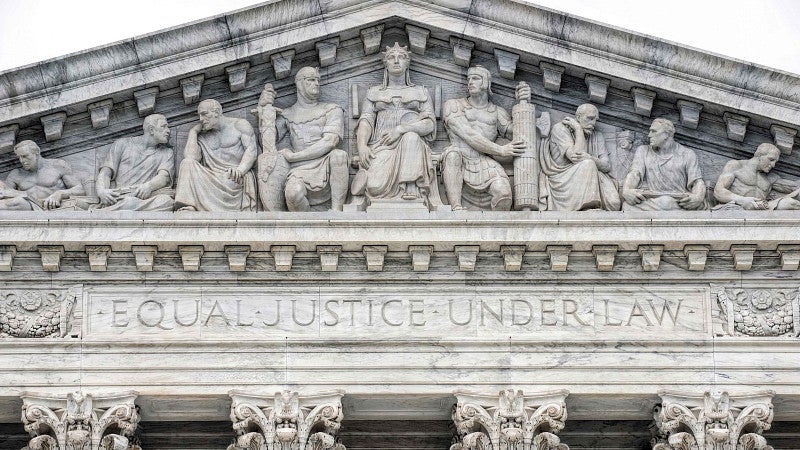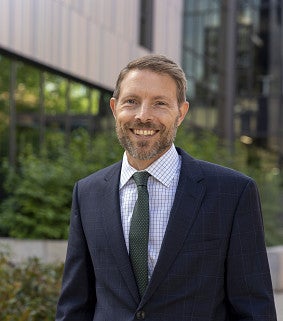
By now, you are aware of the decisions by the US Supreme Court today in Students for Fair Admissions, Inc. (SFAI) v. President and Fellows of Harvard and SFAI v. University of North Carolina to overturn affirmative action. These decisions are deeply disappointing and distressing to me and to many members of our community. This feels like a loss and a step backward.
When it comes to race and ethnicity, there are still big discrepancies in college enrollment and graduation at top colleges between White people and People of Color, including at CAS and the UO in general. In fall 2022, only 22.5% of CAS’s freshman class was made up of historically underrepresented students, and at the UO as a whole, that number was 20%. Today’s decisions handed down by the Court will do nothing to narrow these gaps at UO or elsewhere. If the end of affirmative action in California in 1996 and in Michigan in 2006 are any indication, we can expect the gaps to grow.

To be sure, our country and the Court always have been divided on the issue of race-conscious admissions. Those who support affirmative action believe today’s rulings will further enshrine racial disparities brought about by centuries of racial discrimination. And they believe that affirmative action is needed to combat ongoing inequality in higher education that has left Black, Latinx, Native American, and Pacific Islander students historically underrepresented in top universities and without access to the lifelong advantages that a college education accrues. Others who agree with the decisions feel that current policies are unfair and that the playing field in college admissions will become more level now for Whites and Asian Americans.
Regardless of your stance, there is no denying that affirmative action has contributed to greater racial diversity on college campuses throughout the US – and there also is no denying that the current rulings will make it more difficult for Black, Latinx, Native American and Pacific Islander students to access top schools.
Although the full implications of the rulings and their effects on UO will only be understood with time, CAS’s commitment to diversity, equity, and inclusion has not changed. We will do everything within our power and within the limits of the law to promote diversity, access, and belonging within the college and beyond. This means continuing to recruit widely to hire more faculty of color and attract more historically underrepresented students, and create a climate that is supportive and welcoming of Black, Indigenous and People of Color (BIPOC). The Court’s decisions have only underscored the urgency of this work.
Sincerely,
Chris Poulsen
Tykeson Dean of Arts and Sciences
